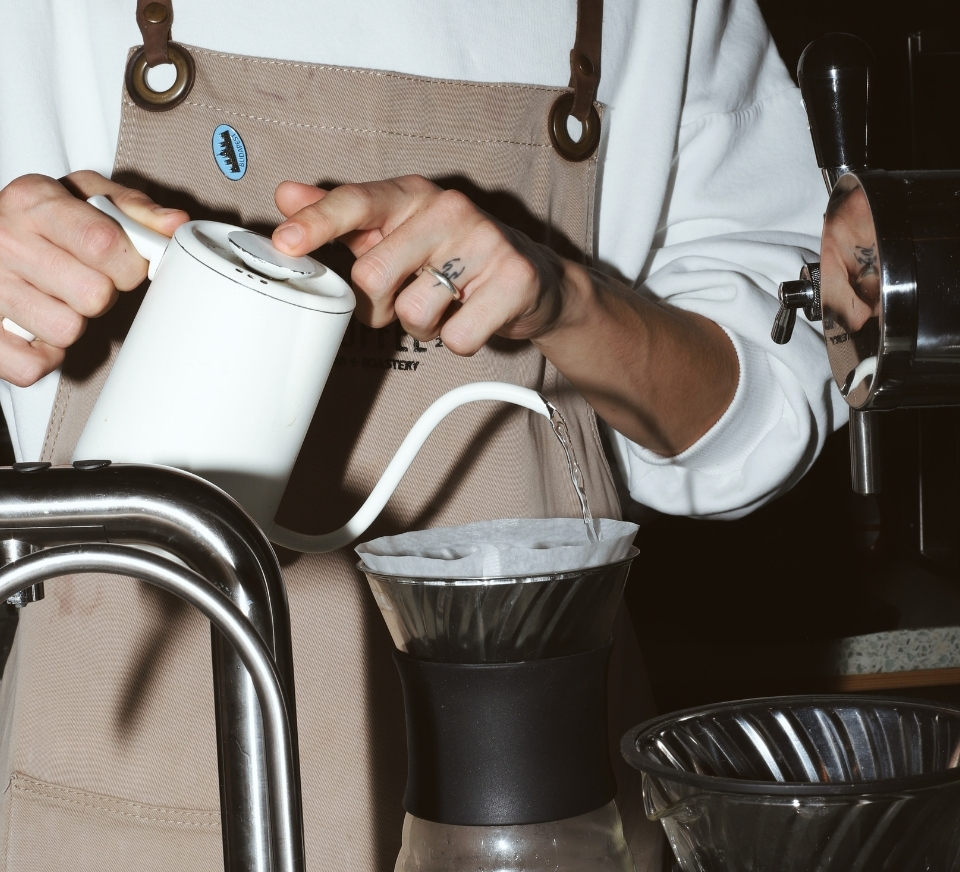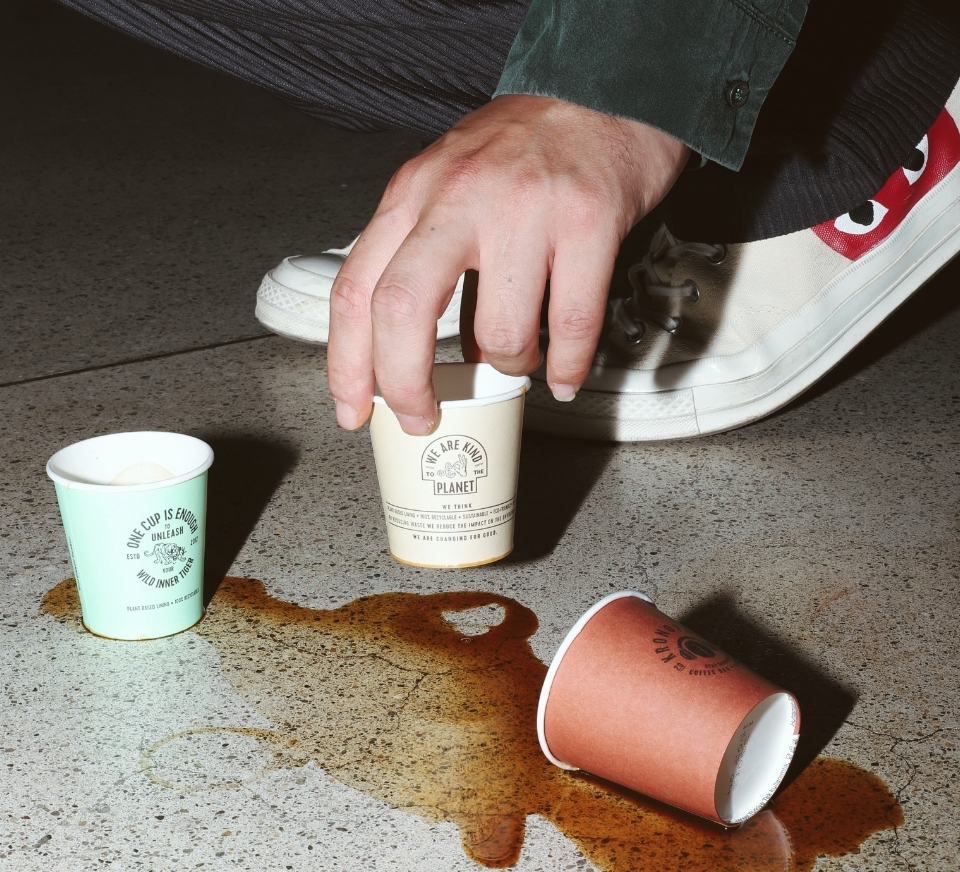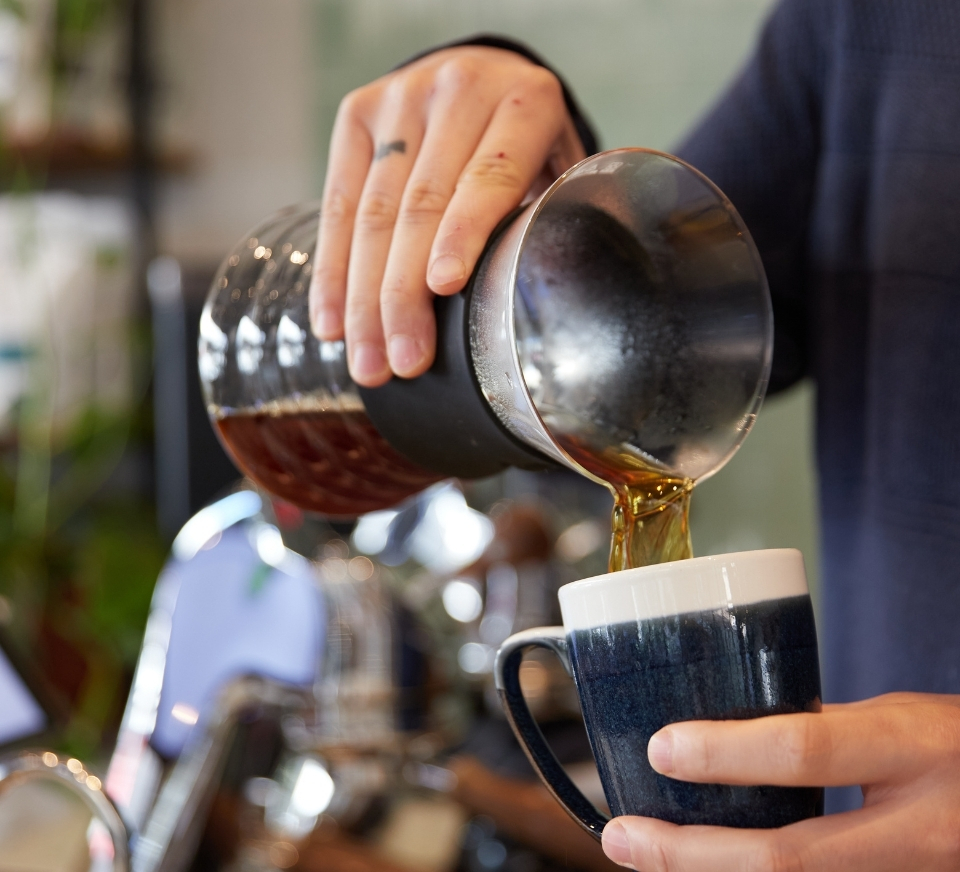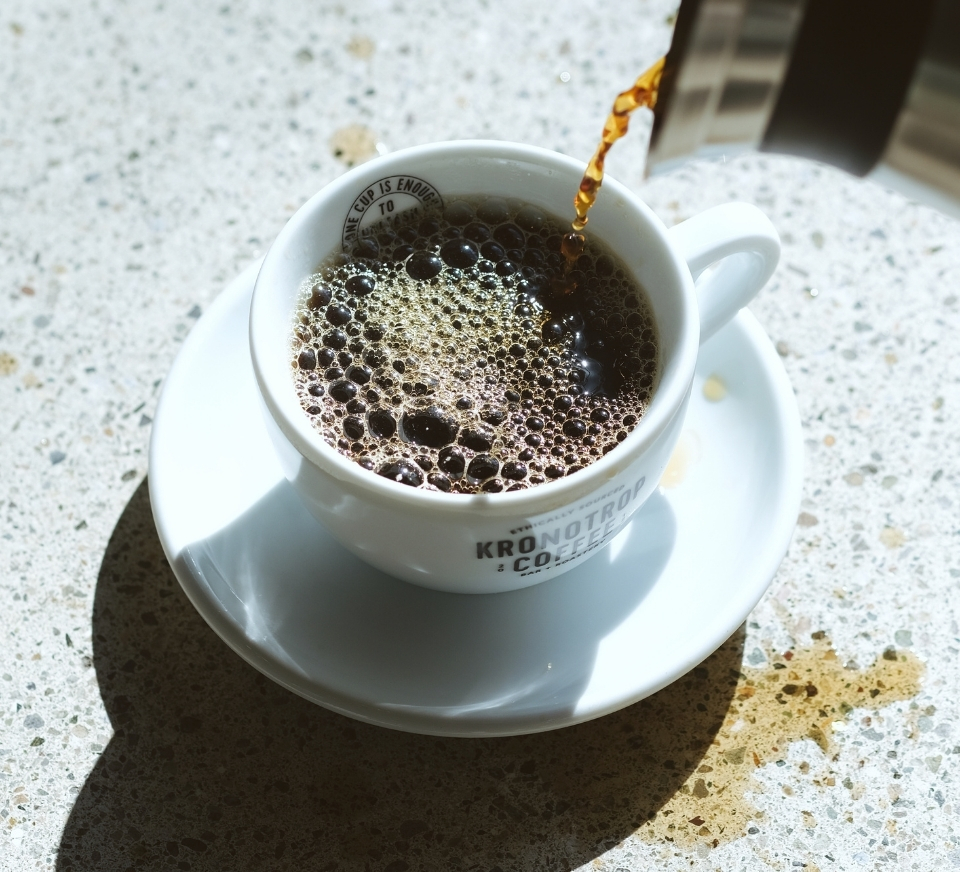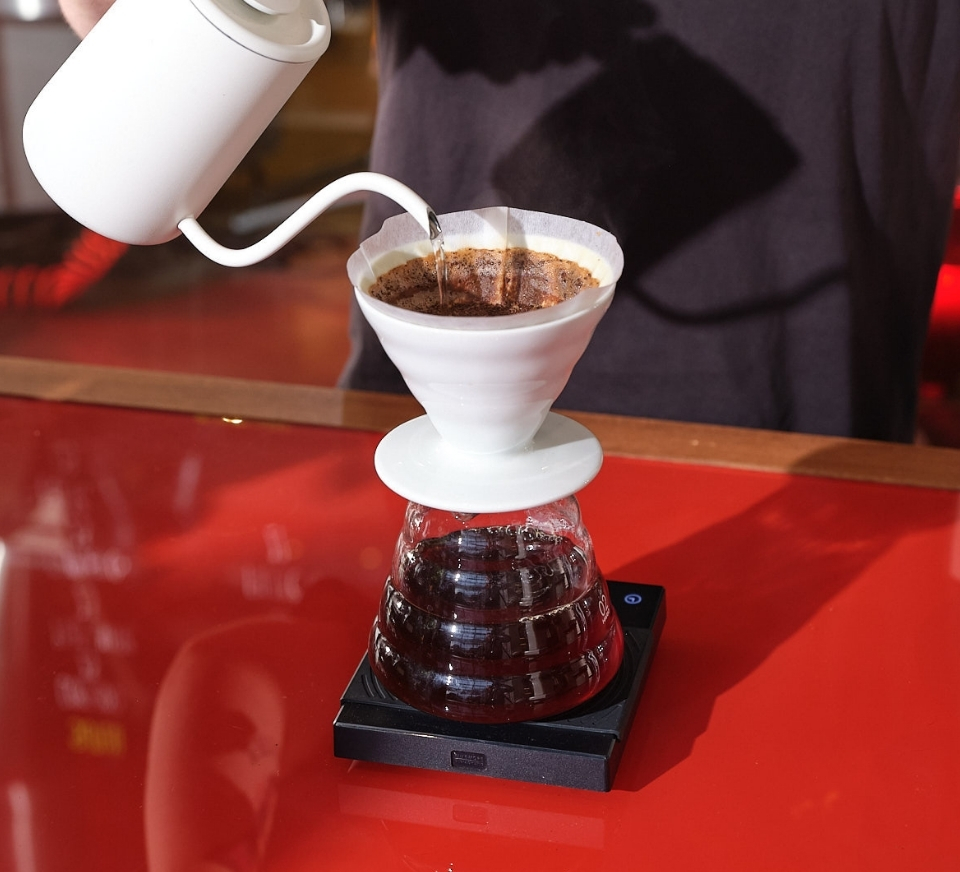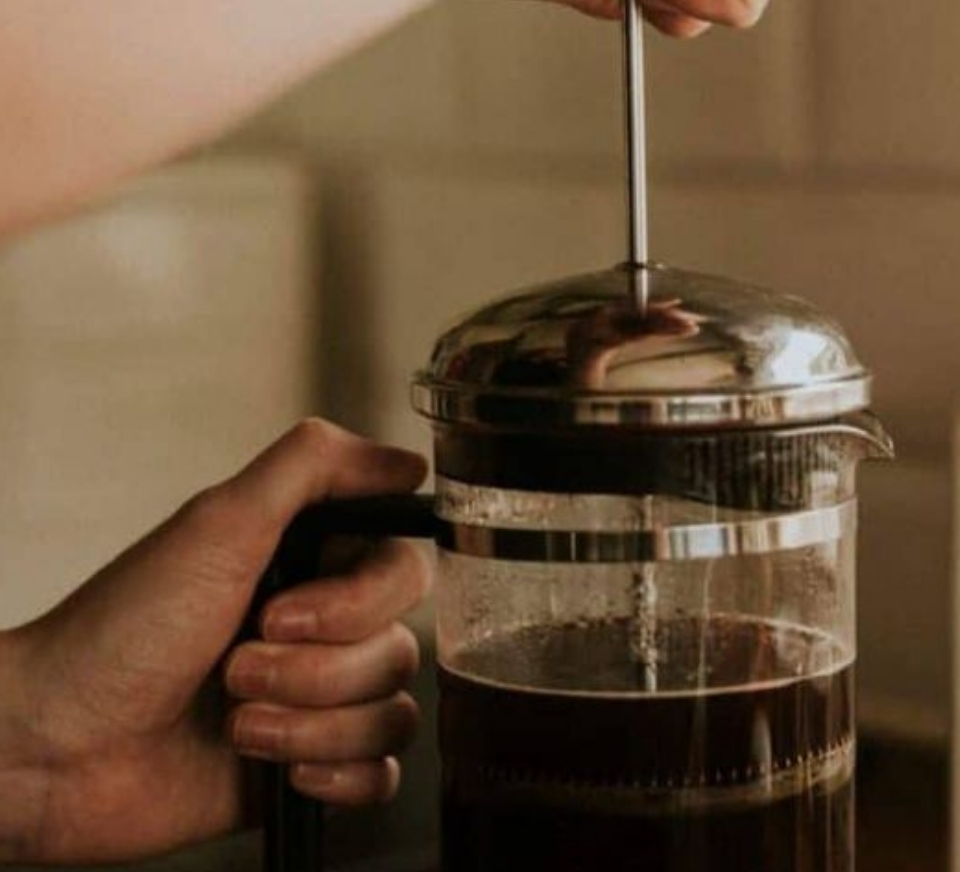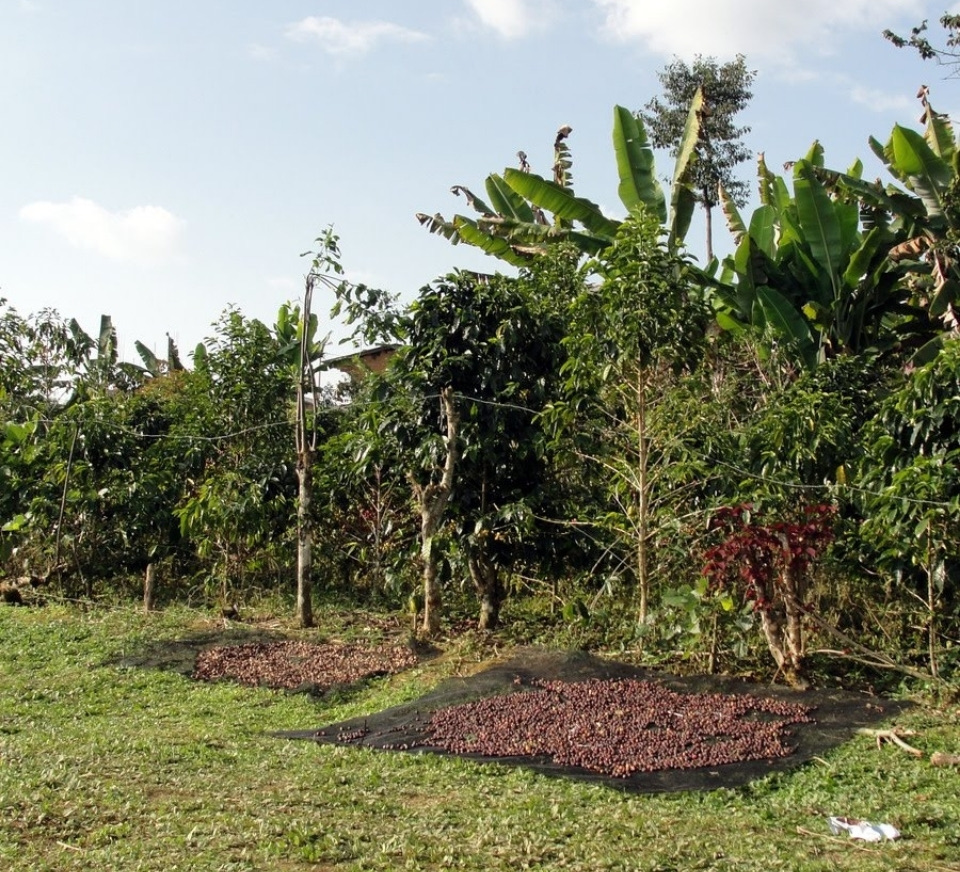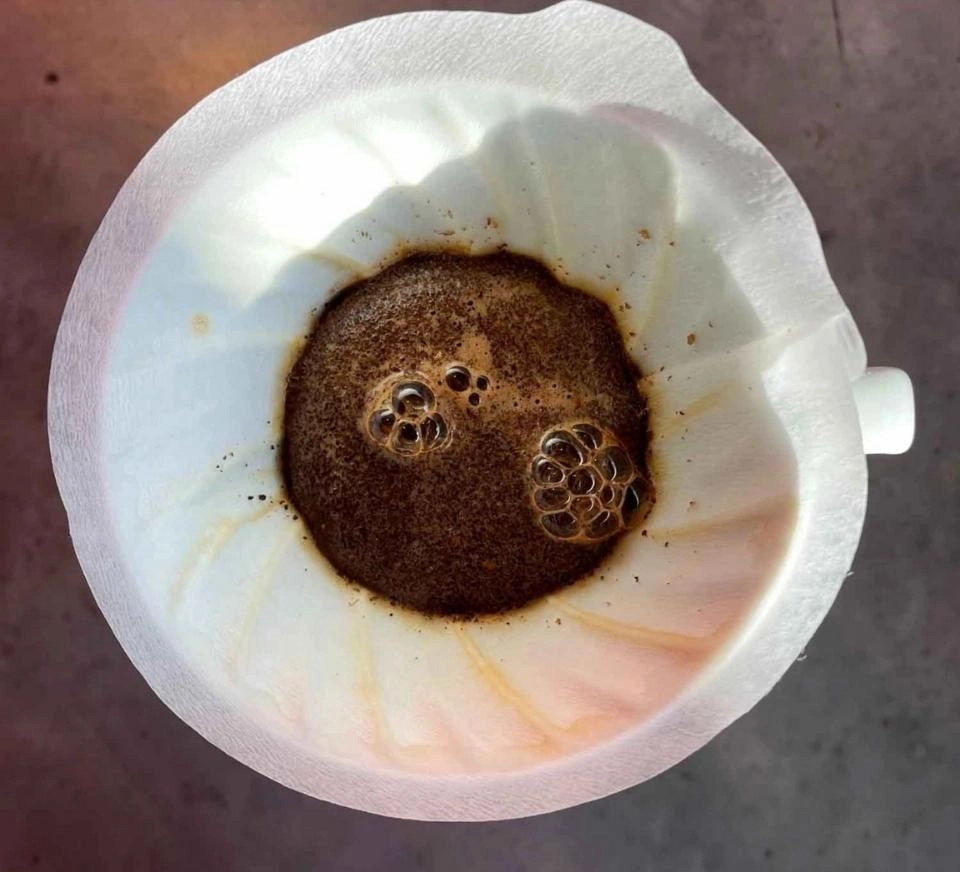
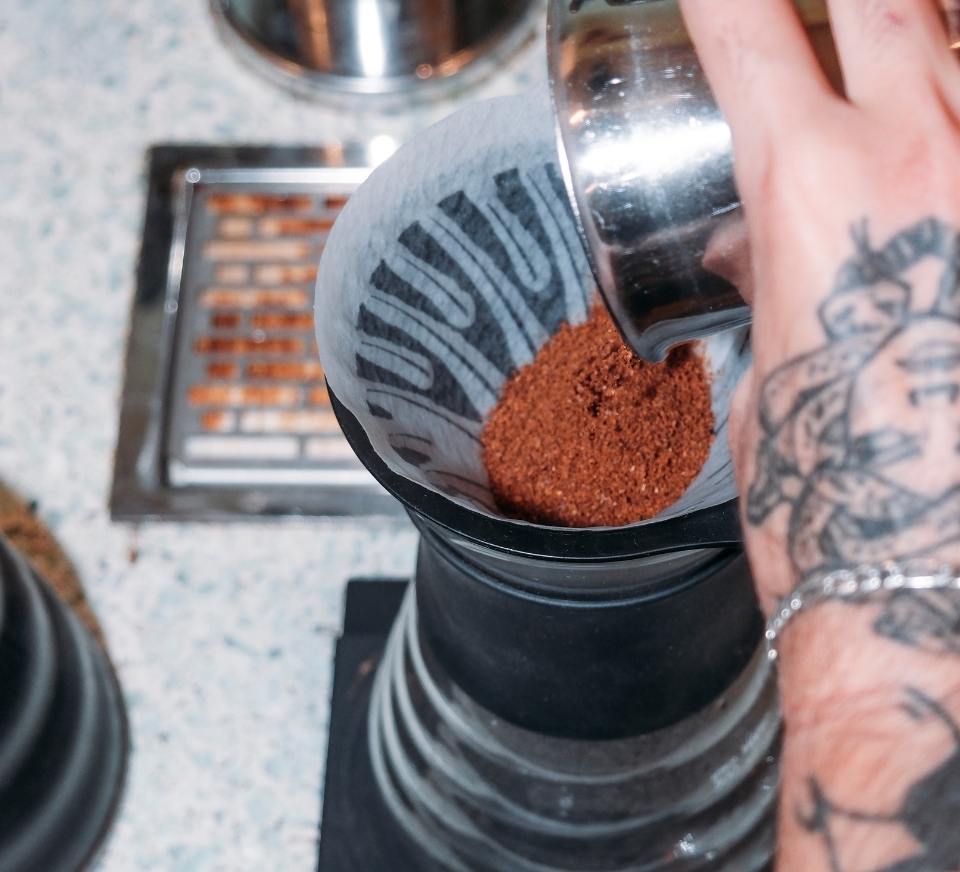
What Parameters Affect Brewing?
An introduction to advanced brewing techniques specially designed for coffee enthusiasts. Explore the parameters that affect brewing and create better coffees for yourself!
Brewing Theory 101: What Parameters Affect Brewing?
The parameters influencing the brewing process are crucial elements directly impacting the taste and flavour perception of the brewed coffee in your cup. Adjusting these parameters and implementing specific brewing recipes tailored to your coffee beans, water, and chosen brewing method, allows you to explore variations in taste and sensory profiles in the final brew.
Below, you will learn what each Brewing Parameters is and the outcomes it leads to.
Brewing Ratio
Also known as Coffee-Water Ratio, this ratio illustrates the relationship between the amount of dry coffee used and the quantity of water. It informs the amount of water needed for each unit of coffee used.
In simple terms, the logic of this ratio can be explained in two contrasting ways. Brewing with "Less coffee, more water" = "Watery, Weak, Bodyless" coffee; Brewing with "More coffee, less water" = "Intense, Strong, Unbalanced" coffee. Selecting an ideal or close-to-ideal ratio is crucial in this context.
As per the Golden Cup standards outlined by the Specialty Coffee Association (SCA), it is recommended to use 55 grams of coffee (± 10%) per 1 liter of water. Further, the SCA Brewing Control Chart allows you to predict the total dissolved solids and the resulting extraction state based on the Brewing Ratio.
Grind Setting
Coffee beans are ground and divided into smaller pieces. This allows water to permeate the coffee beans and extract the compounds effectively. Grinding increases the surface area, reducing the time required for water to penetrate the bean and extract the compounds. In other words, as the grind size becomes finer, the required brewing time decreases.
However, in some brewing methods, such as the percolation method utilised by Hario V60 and Chemex, particle size is a primary parameter controlling the brewing time. As the grind size becomes finer, the time required for water to pass through the coffee bed will increase. Excessive brewing time can lead to over-extraction. Therefore, the brewing method and filtration element properties should be considered when determining the appropriate particle size.
When using a paper filter, the grind size should be in the fine-medium-coarse range, while for metal filters, it should be in the medium-coarse range. The quantity of dry coffee you intend to use is another factor influencing the determination of this range.
Brewing Material
Brewing material refers to both the equipment used and, if applicable, the filtration system of the equipment. Let's compare V60, French Press and Cezve (Turkish coffee pot) as examples of three different types of equipment. Given that V60 utilises a paper filtration system, the resulting coffee tends to have a lighter body compared to French press brewing. This is attributed to the filter paper’s effectiveness in restricting the flow of oils. Conversely, French press, with its metal filtration system, facilitates easier passage of oils, resulting in a fuller-bodied coffee compared to V60 brewing. It's important to note that factors such as grind size and brewing time also play a significant role.
Now let's now compare the Cezve and French Press methods. In the Cezve method, coffee is exposed to constant heat, essentially simmering, which leads to an increased susceptibility to extraction. Additionally, stirring with a spoon during the brewing process produces significant turbulence, further enhancing the extraction process. Unlike the French Press, the Cezve method does not involve filtration; instead, the coffee is poured directly into the cup with the grounds and continues to extract slightly due the water’s temperature.
Brewing Time
Brewing time refers to the duration coffee particles are in contact with water and plays a crucial role in the extraction process. Increased time generally results in higher extraction.
However, it's important to note that excessive and rapid extraction doesn't always yield desirable results. What we aim for is a well-balanced extraction. Particularly in percolation brewing methods, brewing time is directly influenced by the grind size. In immersion methods, where you have control over the time, you can adjust the grinding size and time proportionally. Fine grinding requires a shorter extraction duration, while coarse grinding requires a longer time for ideal extraction.
Water
Considering that approximately 98% of the coffee you drink is water, it's not difficult to understand how important water is. Water, both in its chemical composition and temperature, directly influences the extraction and brewing process.
Water contains various minerals and compounds, but not all are beneficial for brewing coffee. For instance, chlorine, due to its unpleasant odour and high solubility, is undesirable for brewing. On the other hand, minerals like magnesium and calcium contribute positively to extracting coffee beans, making it essential to maintain specific levels of these minerals in the water.
Water hardness also plays a crucial role in both extraction and taste. While drinking water typically has a hardness of around 130-200 ppm, it is preferable for the total hardness of water used in coffee brewing to fall within the range of 50-125 ppm. Additionally, it is desirable for the majority of this hardness to come from magnesium and calcium.
Turbulence
Appropriate turbulence is necessary for achieving consistent extraction. The required turbulence depends on the equipment. Techniques for creating turbulence include pouring water onto the coffee bed, stirring, and boiling, among others. The extent of turbulence can impact the final cup: Greater turbulence leads to overextraction, which may result in a bitter, astringent coffee that leaves a dry sensation in the mouth.
Turbulence causes the separation of coffee particles, ensuring that water flows evenly through the coffee bed. If there isn't enough turbulence, water won't pass evenly through the coffee bed, resulting in an uneven extraction. Consequently, an unbalanced and under extracted coffee will be watery, sour, salty, and leave an unpleasant taste in the mouth.
Other blog content

